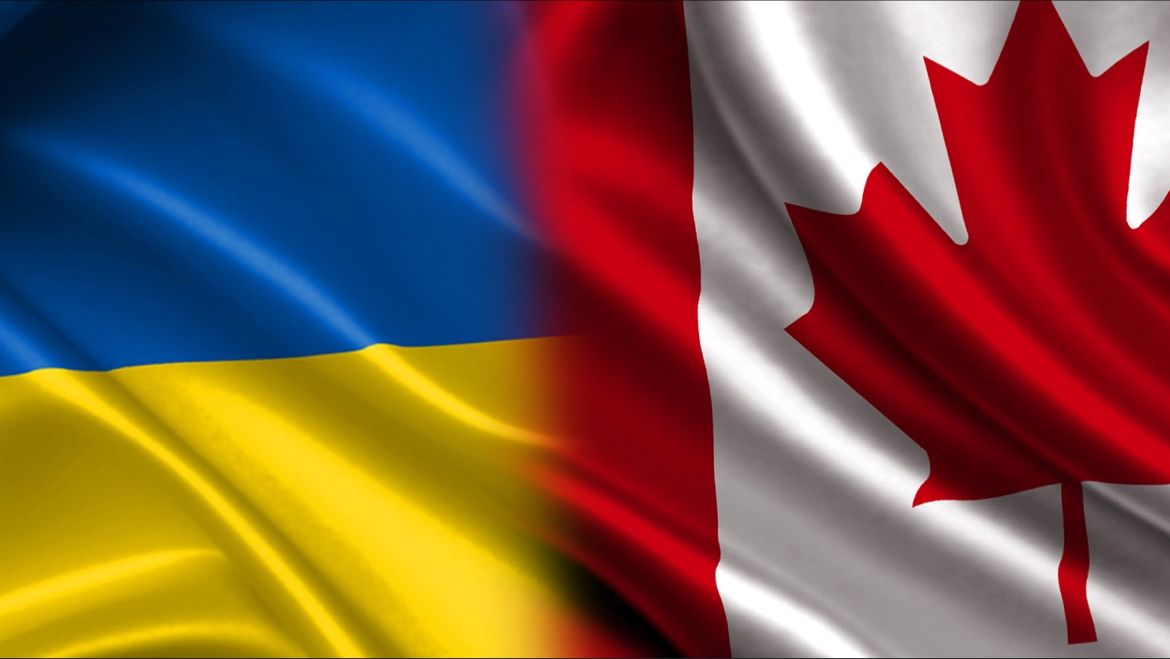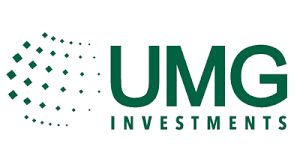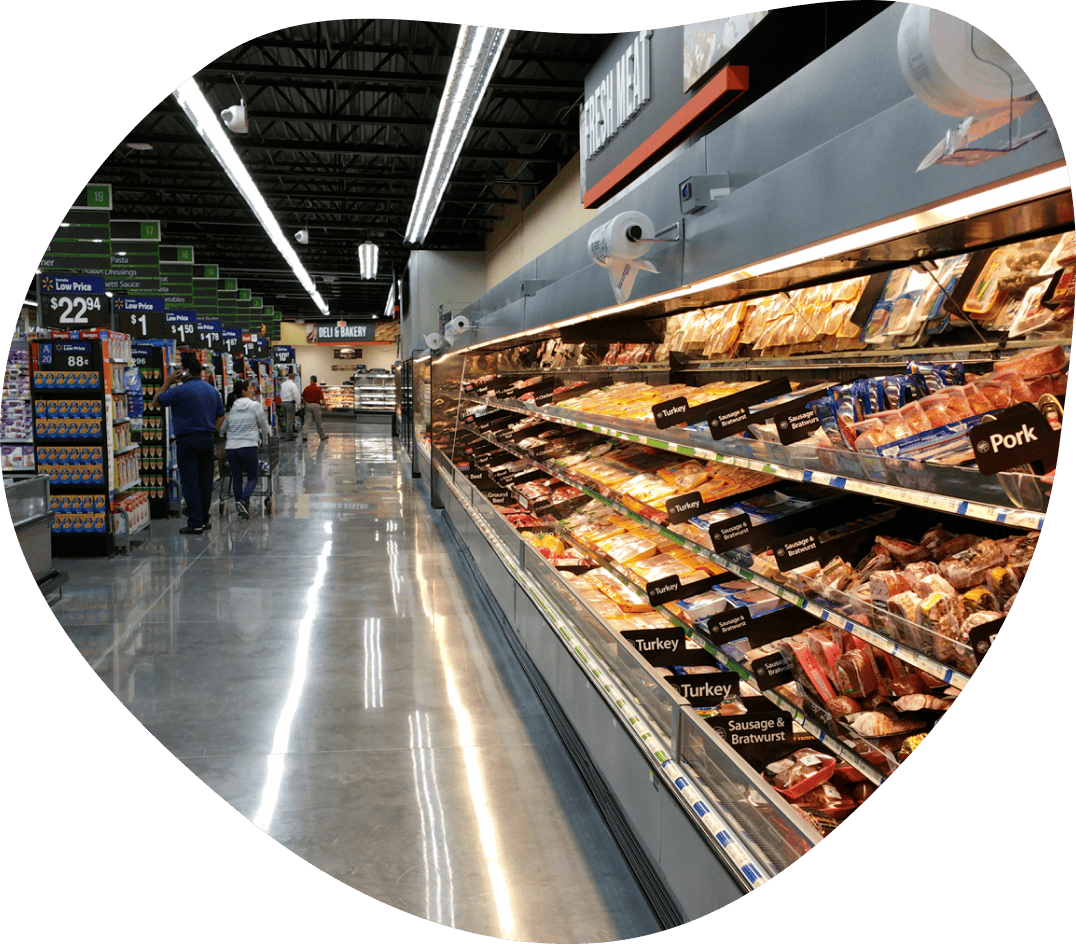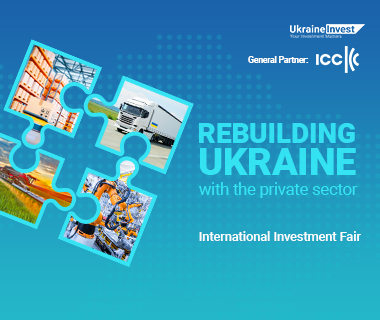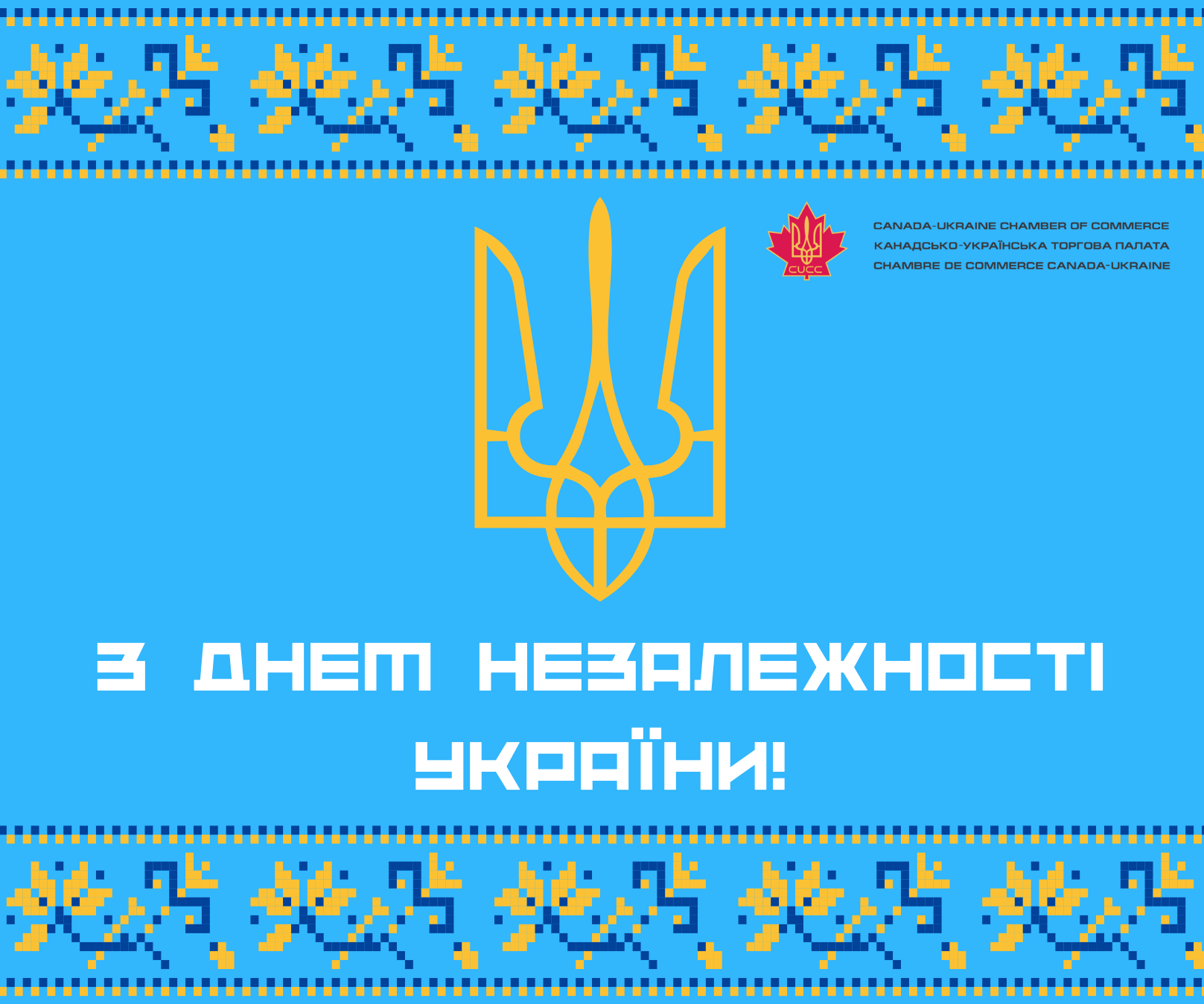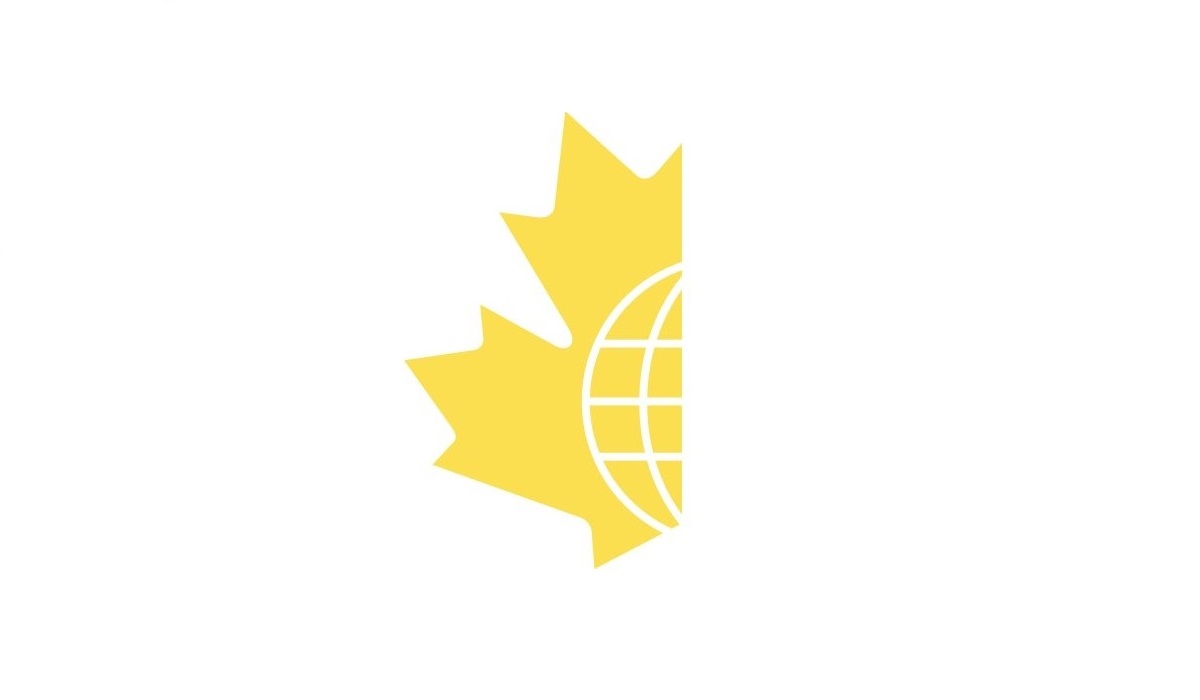Beyond Tariffs and Goods: The Modernized CUFTA
As with the original 2017 Agreement, the modernized CUFTA remains a comprehensive agreement with respect to trade in goods that includes provisions aimed at eliminating tariffs and non-tariff measures.
Building on the strength of the existing Canada-Ukraine commercial relationship, it establishes mechanisms under which Canada and Ukraine can discuss, prevent and resolve unjustified non-tariff barriers that may arise in the context of exporting agricultural, and fish and seafood products. Such mechanisms include the creation of a Committee on Trade in Goods and Rules of Origin, as well as dedicated Subcommittees on Agriculture and on Origin Procedures. CUFTA also provides opportunities and tools for Canadian and Ukrainian regulators to exchange information to better understand each other’s regulatory requirements, which benefits both importers and exporters.
Additionally, as well as updating existing chapters from the 2017 Agreement, the modernization process of CUFTA covered the inclusion of new chapters that were not part of the original Agreement, such as chapters on Investment and Cross-Border Trade in Services, as well as other areas present in Canada’s more recent and comprehensive FTAs. The modernized agreement is now a comprehensive modern FTA that includes all of the following areas:
Rules of Origin, Origin Procedures, and Trade Facilitation
Under CUFTA, only goods that “originate” in Canada and/or Ukraine may benefit from preferential tariff treatment. CUFTA, like all of Canada’s FTAs, includes rules of origin that specify how much production must occur in Canada and/or Ukraine for a product to be considered originating and therefore eligible for preferential CUFTA tariff rates. The rules of origin under CUFTA reflect Canadian production patterns and sourcing realities, thereby enabling Canadian exporters from across the country to take advantage of CUFTA tariff preferences.
Additionally, in modernizing the agreement, Canada and Ukraine also activated article 3.3 (Cumulation of Origin) of the CUFTA. This means that materials of any non-Party with which both Canada and Ukraine have FTAs (the European Free Trade Association countries, the European Union, Israel, and the United Kingdom) can be taken into consideration by the exporter when determining whether a product produced in Ukraine or Canada qualifies as originating under the CUFTA.
The rules of origin and origin procedure chapter has also been amended to include the procedures needed to administer the rule of origin to allow for the cumulation of materials from these common free trade partners. This includes an amendment to the Origin Declaration set out in Annex 3-B of the CUFTA to allow an exporter to indicate that materials from a common free trade agreement partner were used in the production of the product. Canada and Ukraine share a desire to keep border procedures simple, effective, clear, and predictable in order to facilitate trade. CUFTA provides for transparent and effective origin procedures to administer and promote compliance with rules of origin, without creating unnecessary obstacles to trade. Other provisions in CUFTA include access to advance rulings on the origin or tariff classification of products; the promotion of automated border procedures through the use of information technology in order to expedite procedures for the release of goods; and the establishment of an impartial and transparent system for addressing any complaints about customs rulings and decisions. Together, these provisions make it easier, faster and potentially less costly for Canadians to do business in the Ukrainian market.
Sanitary and Phytosanitary Measures (SPS)
The CUFTA chapter on sanitary and phytosanitary (SPS) measures reaffirms Canada and Ukraine’s commitments pursuant to the World Trade Organization (WTO) Agreement on the Application of Sanitary and Phytosanitary Measures (SPS Agreement). The SPS Agreement recognizes the rights of members to take measures necessary for the protection of human, animal, or plant life or health, while requiring that these measures be based on scientific findings, and do not create unjustified restrictions on trade. Under CUFTA, Canadian and Ukrainian officials will facilitate communication on SPS-trade related matters, and will work expeditiously to resolve any issues that may arise. Early and effective cooperation in addressing SPS issues will benefit Canadian exporters by helping to ensure that market access gains under CUFTA are not undermined by unjustified SPS trade barriers.
Technical Barriers to Trade
As tariffs are eliminated, the prevention and removal of technical barriers to trade (TBT) and other types of non-tariff measures takes on greater importance. The TBT chapter helps to ensure that technical regulations, conformity assessment procedures, and other standards-related measures are not used as barriers to trade. It also helps Canadian exporters by creating mechanisms to minimize and, where possible, eliminate the negative impacts of discriminatory or overly burdensome regulatory requirements.
This chapter also includes a provision requiring Canada and Ukraine to label wine as icewine only if the wine is made exclusively from grapes naturally frozen on the vine. This provision complements Canada’s global effort to protect Canadian icewine from imitation products, including those made from industrially frozen grapes, and will help to ensure that icewine continues to be recognized world-wide as a high-quality product. These provisions benefit Canada’s wine producers in Central and Western Canada.
Good regulatory practices
To achieve good regulatory outcomes, governments should follow good regulatory practices, which foster openness, transparency, and evidence-based decision-making. Countries that adhere to good regulatory practices can have confidence in one another’s regulatory systems, which can in turn facilitate trade. The modernized CUFTA includes a new chapter on good regulatory practices to further the goal of working together to ensure transparent and predictable regulatory systems that foster stronger trade relations and protect citizens while maintaining the ability of both partners to adopt and apply their own laws and regulations that regulate economic activity in the public interest.
Competition Policy
The modernized CUFTA features an updated standalone competition policy chapter. This chapter furthers both Parties’ objectives for a fair, transparent, predictable, and competitive business environment. The chapter introduces enhanced obligations for procedural fairness to ensure competition authorities maintain transparent procedures around how competition investigations and enforcement proceedings are conducted, and to guarantee the rights of defendants during proceedings. It also includes new obligations for the identification and protection of confidential information in the possession of a competition authority. Finally, the chapter supports cooperation between the competition authorities of Canada and Ukraine.
Designated monopolies and state enterprises
The chapter substantively replicates the monopolies and state-owned enterprises provisions from the original CUFTA, but as a standalone chapter. It has modernized language, including important definitions for state-owned enterprises and designated monopolies. The new chapter also includes updated commitments on transparency and technical cooperation, as well as a threshold calculation for determining entities excluded from its scope.
Government Procurement
The modernized CUFTA government procurement chapter builds upon existing obligations of the WTO Agreement on Government Procurement. The chapter includes a new article clarifying that Parties may take into account environmental, socio-economic, or labor-related considerations in the procurement process, provided they are non-discriminatory and do not constitute an unnecessary obstacle to international trade. The chapter also includes a new article on ensuring integrity in procurement processes (e.g. ensuring that criminal or administrative measures exist to address corruption in government procurement). In order to facilitate greater participation by Canadian and Ukrainian SMEs in government procurement, the chapter also includes a new article on SMEs. Finally, a new article on cooperation has been agreed, whereby the Parties can exchange information and share best practices in areas such as sustainable procurement practices and streamlining procurement processes.
Intellectual Property (IP)
An effective IP regime is important for Canada’s growing knowledge-based economy as it will help to foster competitiveness, innovation, and creativity; and stimulate jobs and growth. The IP provisions in CUFTA contribute to a sound and balanced framework for the protection and enforcement of IP rights. The IP chapter includes commitments which facilitate cooperation between Canada and Ukraine to enhance the protection of IP rights and to combat IP rights infringements. The provisions of this chapter also establish a consultation mechanism which provides an avenue to aid in the bilateral resolution of related issues between Canada and Ukraine.
Labour
The modernized CUFTA includes an updated, comprehensive labour chapter, fully subject to the dispute settlement provisions of the Agreement, which aims to improve labour standards and working conditions in the two countries by building on international labour principles and rights. Other key features of the updated labour chapter include: a non-derogation provision that prohibits parties to weaken or reduce the protections afforded in their respective labour laws; an import prohibition on goods made in whole or in part with forced labour; a commitment to the content of all core International Labour Organization conventions; and, a stand-alone article on violence against workers. The upgraded chapter also contains a broader definition of labour laws and an extensive article on fair and balanced labour laws, which specifies particular grey zone situations that may undermine the rights to freedom of association and collective bargaining.
Environment
The modernized CUFTA builds on existing environment provisions with a new comprehensive environment chapter, which is subject to dispute settlement and aims to level the playing field by ensuring parties do not lower their levels of environmental protection to attract trade or investment. For the first time in a Canadian free trade agreement, the environment chapter includes provisions recognizing the importance of mutually supportive trade and climate change policies, including through market-based approaches and trade-related climate measures to achieve green growth objectives. The modernized chapter also introduces new articles to address global environmental challenges, including on plastic pollution and waste, biological diversity, air quality, chemicals management, the ozone layer, and ship pollution, as well as commitments on sustainable fisheries, forest management and agriculture and the promotion of environmental goods and services and a circular economy. To support effective implementation the Parties have also committed to working together to address environmental challenges.
Trade-Related Cooperation (TRC)
CUFTA includes a TRC chapter, illustrating the important role of TRC in allowing both countries to maximize the benefits of the Agreement. The chapter notes Canada’s and Ukraine’s intention to promote TRC; provides for an ongoing dialogue on using TRC to enhance the benefits of the Agreement; and includes a listing of indicative areas for TRC.
Cross-border trade in services
Canada and Ukraine have negotiated a modern and comprehensive chapter on cross-border trade in services, including substantive obligations consistent with Canada’s existing trade agreements. This FTA chapter provides market access, non-discriminatory treatment, transparency, and predictability for both Canadian and Ukrainian service suppliers.
Development and administration of measures
The development and administration of measures chapter provides certainty and predictability for services providers and investors by ensuring that licensing and qualification requirements and procedures are objective, transparent, fair and timely.
Financial services
Canada and Ukraine negotiated a comprehensive and progressive stand-alone financial services chapter as part of the CUFTA modernization. The chapter will provide a level-playing field between Canada and Ukraine through a framework of general rules tailored to the unique nature of the financial sector. This includes core obligations such as market access, national treatment and most-favoured nation treatment, and new commitments on electronic payments and processing of applications. The chapter also includes a robust prudential exception, ensuring the ability of financial sector regulators to take measures to preserve the integrity and stability of the financial system. Finally, in light of the illegal Russian invasion, Canada has agreed to provide Ukraine with a 10-year period to transition from its existing World Trade Organization General Agreement on Trade in Services commitments to the proposed commitments of the modernized financial services chapter.
Investment
The CUFTA investment chapter modernizes the framework of protections for investors and their investments. The chapter contains a comprehensive set of obligations in line with Canada’s most ambitious trade agreements. Importantly, the new chapter features modern drafting ensuring that the Parties maintain their right to regulate, and required policy flexibility in key areas such as environment, health, safety, Indigenous rights, gender equality and cultural diversity. Finally, the new chapter also includes a modern dispute-settlement mechanism with, among other important updates, strengthened alternatives to avoid arbitration as well as enhanced transparency of proceedings commitments. Overall, this outcome represents a significant upgrade from the 1994 Canada-Ukraine FIPA that the investment chapter will replace.
Services and investment non-conforming measures
Canada and Ukraine negotiated a modern negative list of non-conforming measures (NCMs) for cross-border trade in services (CBTS) and investment. This negative list of NCMs reflects both Parties’ regimes for CBTS and investment, providing transparency and predictability, for both Canadian and Ukrainian service suppliers and investors.
Temporary entry for business persons
The modernized CUFTA includes a new, dedicated chapter on temporary entry that aims to support economic opportunities for Canadians, including Permanent Residents, through facilitating temporary entry and labour mobility for certain categories of business persons. The temporary entry provisions remove barriers encountered at the border, such as economic needs tests or numerical quotas, and provide new and reciprocal market access commitments covering four categories of business persons: Business Visitors, Investors, Intra-Corporate Transferees, and Professionals. Commitments are also included for accompanying spouses of Investors, Intra-Corporate Transferees, and Professionals. This ensures accompanying spouses are also granted temporary entry and have the ability to work.
As in Canada’s other FTAs, the temporary entry provisions do not deal with permanent employment, citizenship, residency, or any visa requirements. Canada also maintains its flexibility to take measures to protect health, safety and national security. To maintain the integrity of the domestic labour market, the Temporary Entry chapter also includes wage, education and experience requirements. Foreign business persons must meet these requirements to be eligible to enter Canada under the modernized CUFTA.
Telecommunications
Canada and Ukraine have negotiated a new telecommunications chapter that includes commitments that will provide enhanced regulatory certainty for telecommunications service suppliers when operating or investing. This chapter consists of obligations regarding the access to and use of telecommunications services, and ensures that service suppliers will be treated in a fair and objective manner when providing telecommunications services into Canadian and Ukrainian telecommunications markets. The chapter does not apply to broadcasting services, except to ensure that broadcasters will have access to and use of telecommunications services.
Digital Trade (previously Electronic Commerce)
The new digital trade chapter includes updated language previously contained within the CUFTA E-commerce chapter, which ensures that customs duties will not be applied to digital products transmitted electronically. The chapter further expands upon the previous chapter and includes, among others, commitments relating to cross-border data flows, data localization, source code disclosure, open government data, and personal data protection. Overall, the chapter aims to improve regulatory certainty for businesses seeking to engage in the digital economy in both markets, as well as those specifically looking to engage in cross-border digital trade between Canada and Ukraine.
Trade and gender
The trade and gender chapter aims to promote gender equality, remove barriers to trade for women in all their diversity, and facilitate their access to the benefits and opportunities of the CUFTA. The chapter includes: an article on non-derogation committing Parties to enforce and not weaken their domestic laws and protections afforded to women in order to attract trade and investment; a commitment to undertake cooperation activities focused on achieving the objectives of the chapter; and, the establishment of a Committee to facilitate the chapter’s implementation. Parties agreed that the FTA’s dispute settlement mechanism may apply.
Trade and SMEs
The chapter on small and medium-sized enterprises (SMEs) recognizes the importance of SMEs to both economies and commits the Parties to work together to remove barriers so that SMEs may be better placed to participate in and benefit from international trade and investment. The chapter also includes commitments on information sharing, including a requirement to make relevant trade-related information available through a digital medium, undertake joint cooperation activities, and establish a Committee to oversee the chapter’s implementation.
Trade and Indigenous Peoples
The trade and Indigenous Peoples chapter is the first such chapter for Canada or Ukraine in a concluded FTA. The chapter is economic-focused and cooperation-based, and establishes a bilateral committee to facilitate cooperation activities to remove barriers and challenges that Indigenous Peoples face when participating in trade. It also includes a commitment to enforce and not weaken domestic laws and protections on Indigenous Peoples’ rights in order to attract trade and investment, and encourages responsible business conduct. The Parties also reaffirm the UN Declaration on the Rights of Indigenous Peoples (UNDRIP).























